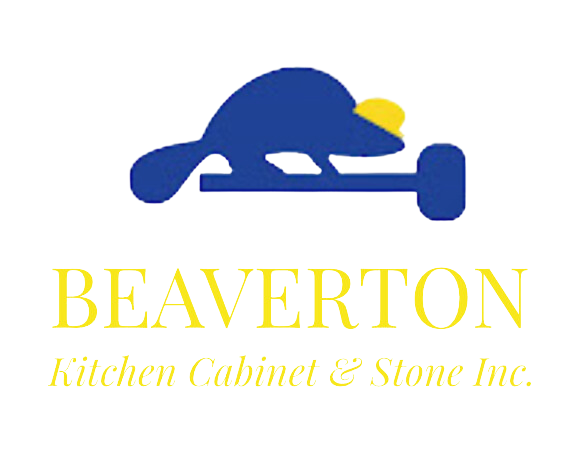Glass Composite vs. Quartz: Pros & Cons of Each
Glass composite is a man-made material that combines crushed glass with resins and pigments. It's commonly used for countertops, often marketed under brand names like Vetrazzo or IceStone. The glass component typically comes from recycled sources like bottles or windows.
Quartz (engineered quartz) is also a man-made material, but consists of approximately 90-95% ground natural quartz crystals mixed with polymer resins and pigments. Popular brands include Silestone, Caesarstone, and Cambria.
Key Differences
Composition:
Glass composite: Crushed recycled glass (70-85%) + resins
Quartz: Ground natural quartz crystals (90-95%) + resins
Appearance:
Glass composite: Distinctive visible glass chips, more varied/unique aesthetic
Quartz: More uniform appearance, wide range of colors and patterns
Pros and Cons
Glass Composite
Pros:
Eco-friendly (uses recycled materials)
Unique aesthetic with visible glass chips
Good heat resistance
Non-porous when properly sealed
Cons:
Less scratch-resistant than quartz
Requires periodic resealing
Can chip more easily
Limited color options
Generally less durable
Quartz
Pros:
Extremely durable and scratch-resistant
Non-porous (doesn't require sealing)
Stain-resistant
Wide variety of colors and patterns
Consistent quality and appearance
Low maintenance
Cons:
Less heat-resistant than glass composite
Higher carbon footprint in manufacturing
Premium pricing
Visible seams in large installations
Both materials are popular choices for kitchen and bathroom surfaces, with quartz generally being more popular due to its durability and low maintenance, while glass composite is chosen more for its unique aesthetic and eco-friendly qualities.

